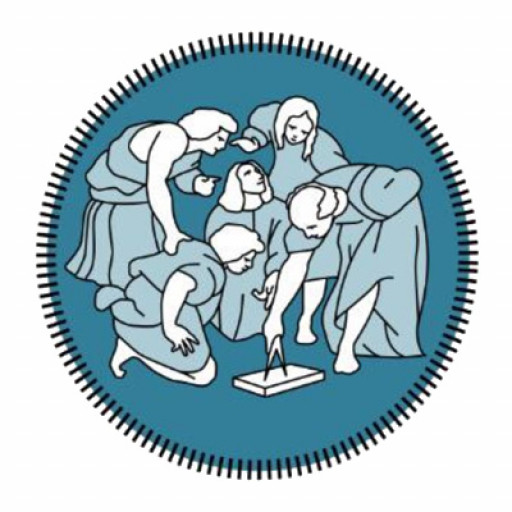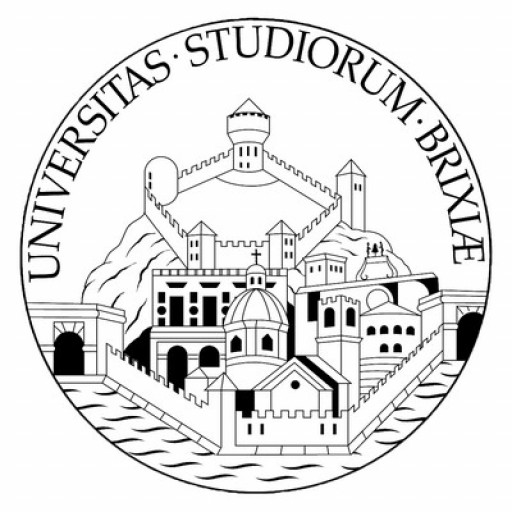Photos of university / #dehaagsehogeschool
Risk Management at The Hague University of Applied Sciences is a comprehensive and professionally focused bachelor’s degree programme designed to equip students with the knowledge and skills necessary to identify, analyze, and mitigate risks in various organizational contexts. This programme prepares students to become experts in safeguarding assets, ensuring compliance, and supporting sustainable decision-making processes across a wide range of industries, including finance, healthcare, government, and the private sector. Throughout the programme, students gain a solid foundation in key areas such as risk assessment, crisis management, strategic planning, and Legal and ethical considerations related to risk management activities.
The curriculum combines theoretical frameworks with practical applications, offering students opportunities to develop analytical competencies, problem-solving skills, and effective communication techniques essential for a successful career in risk management. Emphasis is placed on understanding international standards, regulations, and best practices, enabling graduates to operate effectively in global environments. Students are also exposed to modern tools and technologies used in risk detection and measurement, enhancing their ability to provide data-driven advice and strategic solutions.
Furthermore, the programme incorporates real-world case studies, internships, and project-based learning, fostering a hands-on approach to mastering risk management procedures. Collaboration with industry partners enables students to understand the challenges faced by organizations and develop innovative risk mitigation strategies. The programme also emphasizes the importance of ethical decision-making, resilience, and sustainability in managing risks in an increasingly complex and interconnected world.
Graduates of Risk Management from The Hague University of Applied Sciences are well-prepared to pursue careers as risk analysts, compliance officers, consultants, or risk managers in various sectors. They benefit from a strong network of alumni and industry contacts, as well as access to ongoing professional development opportunities. Graduates will be equipped to contribute effectively to their organizations’ resilience and strategic objectives, making a meaningful impact in managing uncertainty and safeguarding organizational success.
Risk Management at The Hague University of Applied Sciences offers a comprehensive and practical curriculum designed to equip students with the essential skills and knowledge needed to identify, assess, and mitigate risks across various sectors. The programme emphasizes a multidisciplinary approach, integrating principles from finance, law, business management, and safety sciences to prepare students for the complex challenges faced by organizations in today’s dynamic environment. Throughout the course, students learn to analyze risk factors related to financial stability, operational safety, legal compliance, cybersecurity, environmental impacts, and reputational issues. They gain hands-on experience through case studies, simulations, and projects that mimic real-world risk scenarios, ensuring they develop both strategic and operational risk assessment capabilities. The programme also covers key topics such as crisis management, risk communication, and ethical considerations, enabling graduates to develop effective risk mitigation strategies and support decision-making processes at the organizational level. Students will explore modern tools and software used in risk analysis, including data analytics and modelling techniques, to enhance their practical skills. Additionally, the curriculum addresses the legal and regulatory frameworks governing risk management practices, ensuring students are well-versed in compliance standards relevant to local and international contexts. The programme fosters critical thinking, problem-solving, and teamwork skills, preparing students to take on leadership roles in risk management departments across diverse industries such as finance, healthcare, manufacturing, government, and consultancy. Graduates will be equipped to identify potential risks early, implement preventive measures, and respond effectively to unforeseen events, thus contributing to the resilience and sustainability of organizations. The Risk Management programme at The Hague University of Applied Sciences is ideal for individuals seeking a challenging career in safeguarding organizational assets, ensuring business continuity, and promoting a culture of proactive risk awareness. Through a combination of academic rigor and practical application, students will be prepared to become future leaders in the field of risk management, making a positive impact in a rapidly evolving global landscape.
Program requirements for the Bachelor's degree in Risk Management at The Hague University of Applied Sciences typically include the completion of prerequisites such as secondary education equivalent to Dutch standards, demonstrating proficiency in English through standardized tests like IELTS or TOEFL, and meeting specific academic criteria. Applicants are expected to have a strong interest in finance, economics, and business management, along with analytical skills and a keen attention to detail. The admission process may involve providing academic transcripts, a motivation letter outlining career aspirations in risk management, and sometimes an interview to assess motivation and communication skills. In addition, prospective students should have a basic understanding of mathematics and statistics, which are fundamental for analyzing and managing risks effectively. The program is designed to prepare students for a variety of roles in risk management, insurance, finance, and consultancy, so applicants should demonstrate a capacity for critical thinking and problem-solving. It is also beneficial for candidates to have some familiarity with relevant software tools such as Excel, statistical packages, or risk management applications, as practical skills are emphasized throughout the course. International students are advised to verify visa requirements and language support services provided by the university. The university may also preference applicants with relevant work experience or internships in related fields. Due to the dynamic nature of risk management, applicants with a proactive attitude towards continuous learning and adaptability are highly valued. Overall, the program aims to select students who show academic promise, motivation for the field, and potential to contribute to the global risk management community. This comprehensive set of requirements ensures that admitted students are well-prepared to undertake the rigorous curriculum and emerge as competent professionals capable of navigating complex risk scenarios in various industries.
The financing of the Risk Management program at The Hague University of Applied Sciences is designed to accommodate a diverse student body, including international students, Dutch nationals, and residents from the European Union. The primary sources of funding for students pursuing this program include government grants, student loans, personal savings, scholarships, and employer sponsorships. Dutch students can often access government loans and grants through the Dutch government’s student finance system, which offers financial support based on residency status and income level. International students from the European Union may also be eligible for certain grants or funding options, depending on their specific circumstances and the agreements between their home country and the Netherlands. Non-EU international students are generally responsible for covering their tuition fees and living expenses through personal funding, scholarships, or private loans.
The tuition fees for the Risk Management program are established annually by the university and vary depending on the student's residency status. For Dutch and EU students, the fees are usually aligned with the standard statutory tuition fee rates set by the Dutch government. Non-EU students often pay higher institutional fees, which reflect the additional costs associated with international education. In addition to tuition, students need to budget for living expenses, including accommodation, food, transportation, insurance, and study materials. The Hague University provides guidance and resources to help students identify eligibility for scholarships and financial aid programs, both Dutch and international.
Students are encouraged to explore external funding opportunities such as Erasmus+ scholarships, which support mobility and exchange programs, or industry-sponsored scholarships from various companies and organizations linked to the fields of risk management, finance, and insurance. The university also offers services to assist students in managing their finances, preparing budgets, and understanding payment schedules. Financial planning is an integral part of the student experience at The Hague University, ensuring that students can focus on their studies without undue financial stress.
Overall, the financing of the Risk Management program is structured to promote accessible education while accommodating diverse financial backgrounds. The university remains committed to providing information, support, and guidance to prospective and current students seeking to finance their studies effectively.
Risk Management at The Hague University of Applied Sciences offers students a comprehensive education in identifying, assessing, and mitigating risks in various organizational contexts. The program is designed to equip students with both theoretical knowledge and practical skills necessary for managing risks in sectors such as finance, construction, logistics, and public administration. It emphasizes a multidisciplinary approach, integrating principles from business administration, law, and safety management to prepare graduates for complex decision-making processes. The curriculum covers core topics including hazard analysis, safety protocols, crisis management, compliance, insurance, and sustainability considerations. Students often engage in real-world projects, simulations, and case studies to develop their analytical and problem-solving abilities.
Throughout the programme, students learn to analyze risks from multiple perspectives, utilizing quantitative and qualitative methods. Emphasis is placed on developing strategic thinking and communication skills to effectively advise organizations on risk mitigation strategies. The program also stresses the importance of ethical considerations and social responsibility in risk management practices. International aspects are incorporated to prepare students for global challenges and multicultural teamwork environments. The program duration typically spans three years for a bachelor’s degree, with opportunities for internships and practical placements in partnership with industry leaders. After graduation, students are well-equipped to pursue careers as risk analysts, safety coordinators, auditors, or consultants across various sectors. The program is tailored to meet current industry standards and future trends, ensuring graduates are competitive in the dynamic field of risk management.







